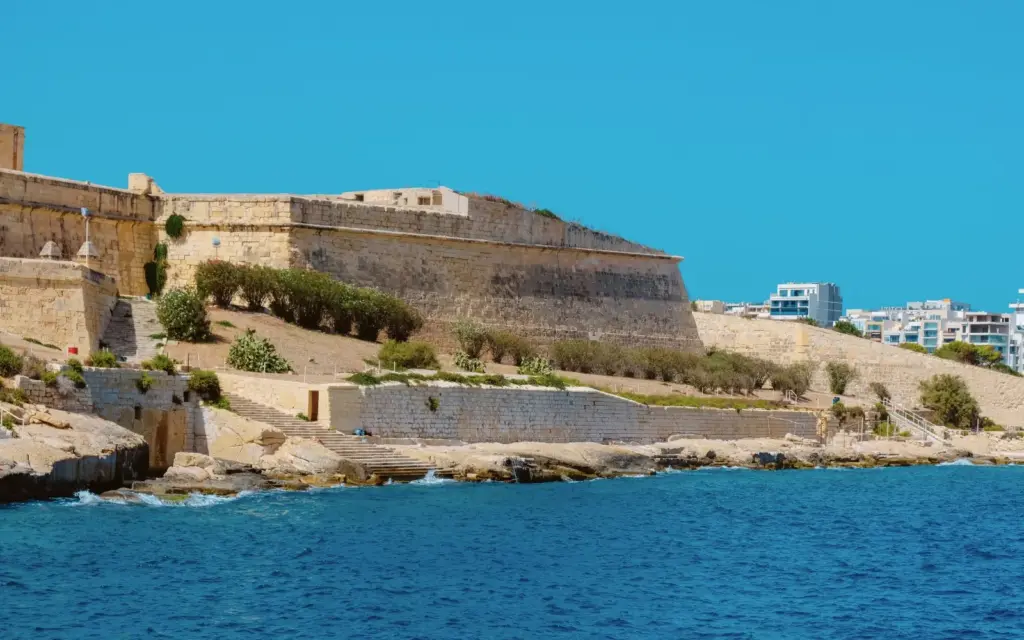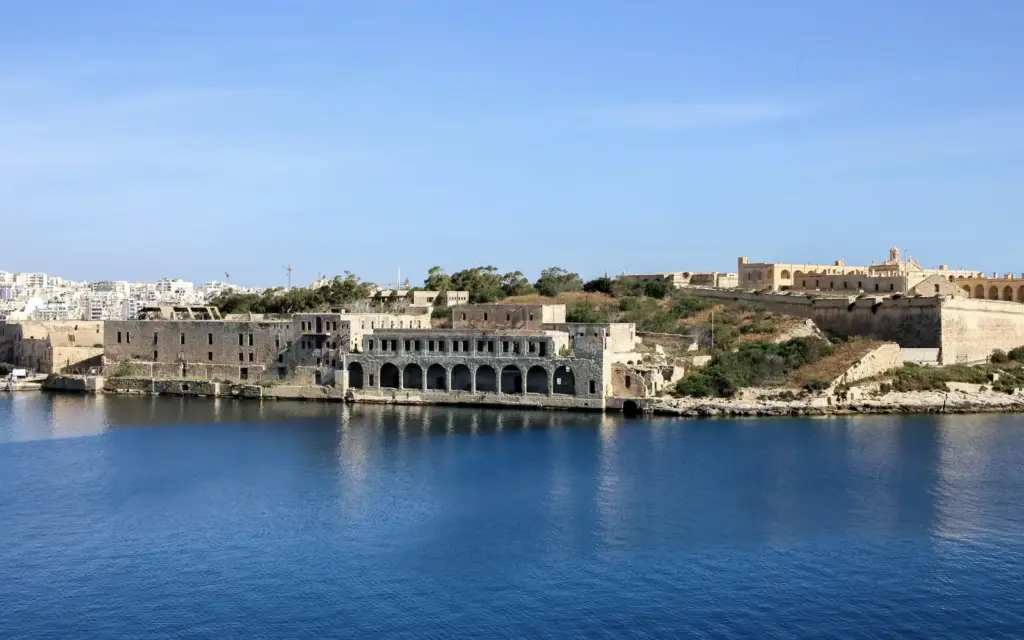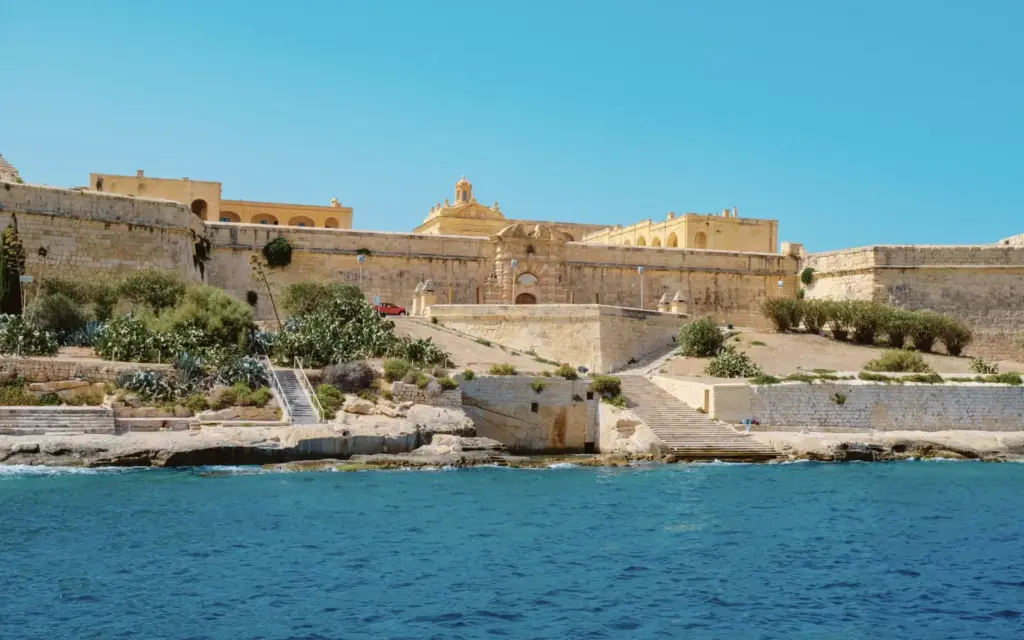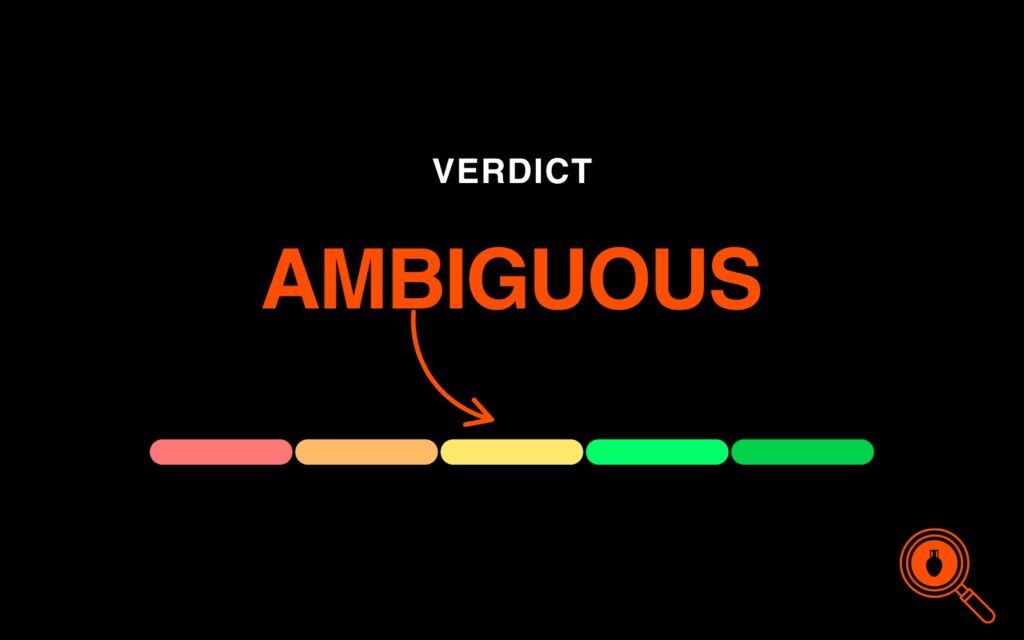The concession granted to MIDI plc to develop Manoel Island is currently under the spotlight after activists collected over 29,000 signatures calling on the government to reclaim the island for the public.
Activists argue that MIDI, the developer, is bound by contractual obligations to ‘substantially’ complete the project by 2023, which it has failed to fulfil. MIDI has pushed back, insisting that the project is taking so long due to ‘unforeseen’ architectural finds on site, appeal processes, and “slow motion” planning.
Malta’s Prime Minister Robert Abela says the government’s hands are tied, and the developer would be eligible for hefty compensation if the concession was cancelled.
Opposition leader Bernard Grech believes the government must honour its obligations – but the interview did not cover developers’ obligations”. In recent days, several Nationalist Party MPs have come out in favour of scrapping the deal. Even the Labour Party’s president admitted to having signed the petition.
So did MIDI do everything it could to fulfil its contractual obligations?

In 2024, the Times of Malta fact-checked claims about whether the concession contract allows the government to reclaim Manoel Island if the developer fails to substantially complete the works.
In response, MIDI wrote that “The delays encountered are clearly documented and include the delays associated with the archaeological finds which necessitated the complete redesign of the masterplan, delays associated the approval of development permits and most recently the delay associated with the requirement to prepare a Heritage Impact Assessment, which is still ongoing.”

Speaking to MaltaToday, MIDI CEO Mark Portelli admitted that the 2023 deadline stipulated in the concession contract was breached. Still, he argued that the deed includes automatic provisions for extending that deadline, and those provisions cover building permits, archaeological finds, “any delays beyond the control of MIDI”.
He also specified that negotiations with the government are ongoing regarding the deadline extension based on the archaeological findings.
Neither MIDI nor the government replied to our questions about the content and timeline of these negotiations.
Portelli considers that the company lost 10 years due to archaeological excavations on the two sites included in the concession. He expects 10 years to be added to the completion deadline.
“The Group has encountered several unforeseen delays related to the issuance of development permits and archaeological finds at both Manoel Island and Tigné Point. These issues, which were not foreseen at the time the emphyteutical deed was granted in 2000, entitles the Group to an extension of the completion date for the development works as per the provisions of the Deed,” MIDI’s chairman wrote in the company’s annual report.

Signed in 2000, the concession agreement contains clauses that establish a 2023 deadline to ‘substantially’ complete the development, and fines in the event this is not done.
Fines also apply if the developer fails to complete the restoration of heritage buildings, such as the Lazzaretto, by specified deadlines and commence works to prevent further deterioration of the heritage sites within six months, with completion expected within two years. The Lazzaretto restoration is still a work in progress: MIDI’s website still refers to it in the future tense.
The contract also requires the developer to apply for all necessary permits and authorisations within 12 months. Data on the Planning Authority’s website shows that the first application on Manoel Island since the concession agreement was for the restoration of Fort Manoel in 2001.

Failures to observe obligations are subject to fines. Meanwhile, if completion delays persist for three years, the government can rescind the concession.
There is a clause stating that “neither party shall be liable for delay in performing or failure to perform obligations if the delay or failure results from any event or circumstance outside its control.”
However, it points to a schedule that lists such events and circumstances specifically, and the list includes wars, floods, riots, and trade disputes, but not permitting processes, legal action or red tape.
MIDI’s argument has been that the deadlines do not apply since the company qualifies for an extension. “The clock is on hold,” Portelli said in 2025. In an earlier interview, he said archaeological digs began in 2019 and will last nearly five years.
A letter from Mamo TCV, a law firm representing MIDI, submitted to the Planning Authority states that “even a (hypothetical) breach of the condition [completion deadline] […] would not lead to ipso jure [by law] termination, but one which is at the discretion of the grantor [government]”.
It can be argued that archaeological finds are not as unforeseen as MIDI claims them to be. Attachments to the concession agreement include a report which mentions “many cemeteries on the island”.

Schedules attached to the contract allow the developer to address the discovery of archaeological remains by choosing to either rescind the concession over the affected areas, integrate the remains into the development if feasible, or—if the rest of the site becomes unsuitable—relinquish the entire concession. In such cases, the developer is entitled to a proportional refund and compensation for unusable improvements. A report by the Planning Authority shows that MIDI chose to integrate the cemeteries and convert them into a garden.
The fact that Manoel Island contains cemeteries has long been known. A 1987 publication by Paul Cassar stated that “There were six cemeteries, at different periods of time, associated with the lazzaretto”.
Planning Authority documents associated with MIDI’s 2017 development application clearly show that Superintendence for Cultural Heritage already flagged the likelihood of archaeological finds, as well as impact on Valletta’s UNESCO status.
Article 13 of the concession contract says that “the time limits” can be extended by any “such period” or “periods starting three months” from the date a required application is submitted, until the date that application is granted. This provision applies on condition that the developer duly filed all required applications and provided all the information required for them.

Some of the procedural delays were caused by the court questioning supporting documentation. An environmental impact assessment was challenged in court due to an alleged conflict of interest; however, in 2023, the court ruled that the assessment was acceptable. Nevertheless, the Superintendence for Cultural Heritage was not satisfied with the photomontages and archaeological evaluations.
The Environment & Resources Authority also noted that a nature permit would be required. This shows that competent authorities repeatedly had to remind the developer of the standards required for this type of application.
The question whether the delays are justifiable is ambiguous: if the government considered that delays up to 2023 were unjustified, it could have imposed fines, but in response to questions by the Times of Malta in 2024, MIDI did not admit to paying any fines and the government’s spokesperson did not answer the question. Neither MIDI nor the government replied to our questions directly.
Neither the government nor MIDI clarified the stage the discussion on the delays is in. MIDI’s 2024 annual report mentions discussions with the government – something its CEO Mark Portelli also confirmed in his 2025 interview.

The concession agreement contains several clauses that allow the government to ‘rescind’ (in full or in part) or ‘dissolve’ the concession contract. Regarding missed deadlines, there is currently no clarity from the government on its interpretation of whether project implementation delays are justified. Had the government imposed fines in 2023, it would be a clear signal. From MIDI’s responses to the media and the lack of mention of penalties in its annual report, it appears that no fines were imposed.
Since 2017, it was flagged to MIDI that cemeteries on site will require archaeological examinations, as cemeteries on the site have been mentioned in multiple sources. The impact of views and vistas of Valletta has also been flagged in late December in the planning application process. MIDI had the option to exclude sensitive areas from the concession, but did not use it.
As pointed out by MIDI’s lawyers, the interpretation of how the deadlines should be honoured is up to the government. From the limited communication on the issue from the government, it appears that, as a contracting side, it has accepted the delays and did not challenge or fine MIDI.
Pending the government’s communication on its interpretation of the acceptability of the delays, the matter remains ambiguous.

This project is supported by the European Media and Information Fund. The sole responsibility for any content supported by the European Media and Information Fund lies with the authors and it may not necessarily reflect the positions of the EMIF and the Fund Partners, the Calouste Gulbenkian Foundation and the European University Institute.


Leave a Reply